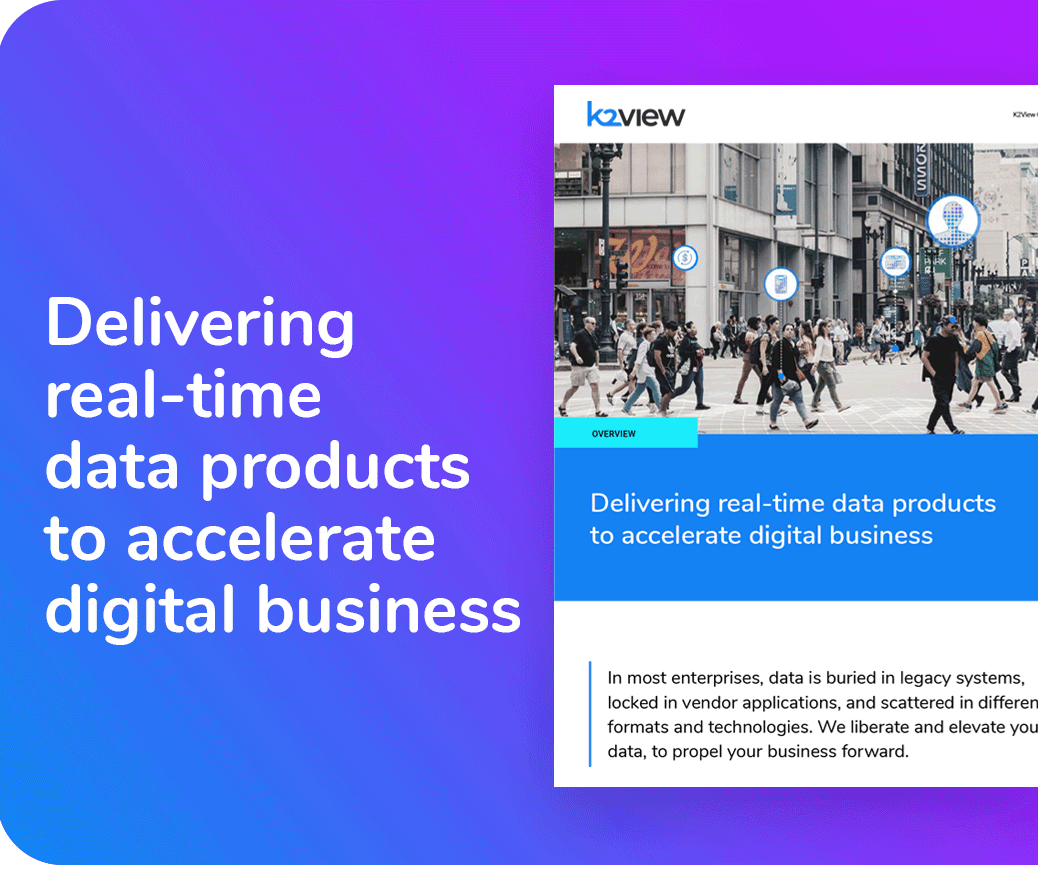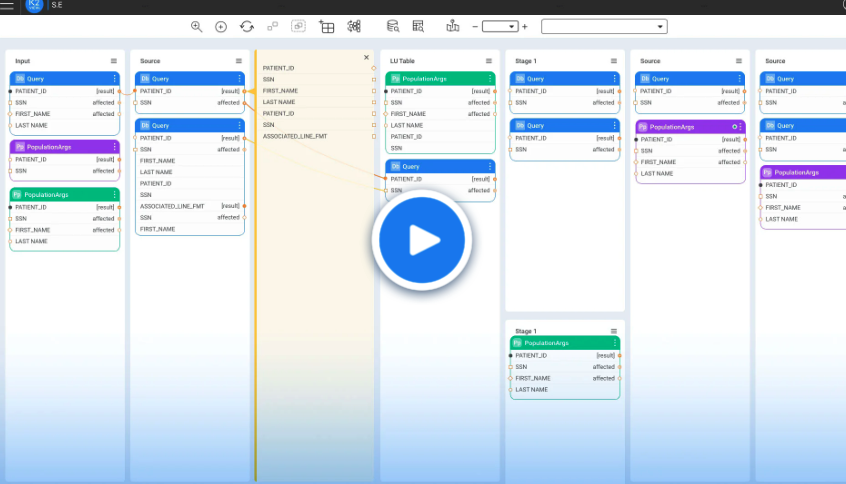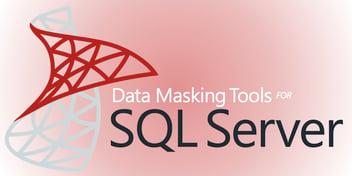Test data generation is the process of manually or automatically creating realistic but fake data used for testing software applications under development.
Table of Contents
What is Test Data Generation?
Test Data Generation Challenges
Test Data Generation Solutions
7 Considerations When Choosing a Test Data Generation Solution
Business Entities: A New Approach to Test Data Generation
What is a Test Data Generation?
Test data generation is the process of manually or automatically creating realistic but synthetic test data for testing software under development. DevOps and testing teams use test data generation to simulate lifelike scenarios to make sure that the software application performs as expected under different conditions.
Unlike test data masking, which obscures the Personally Identifiable Information (PII) of real people, test data generation integrates algorithms, patterns, and rules, to produce fake data that can be stress-tested under boundary conditions, in edge cases, with massive volumes of data, or using invalid data.
The resultant test data can be used for acceptance testing, integration testing, system testing, and unit testing. It helps identify issues early on in the Software Development Life Cycle (SDLC) to ensure that the software application is robust and reliable.
For today’s DevOps and QA teams, a proper test data generator tool is indispensable to improving software quality, reducing costs, and saving time and resources.
Test Data Generation Challenges
Today's data teams understand the importance of test data management, especially when it comes to provisioning test environments with fresh, high-quality test data, on demand. But for real-life production data to become test data, it must be:
-
Complete, fresh, and trustworthy
-
Masked, effectively hiding personal information
-
Populated, to meet the requirements of the development project
-
Synthesized, when additional test data is required
-
Compliant, to address data privacy legislation
Besides the overall lack of clean and available production data, data privacy compliance is a key driver in synthetic data generation for the very reason that the data is not real.
Recent developments in data privacy regulations are forcing companies to be far more careful in ensuring they do not expose sensitive information through their testing practices. This is particularly relevant in industries like telecommunications, financial services, and healthcare.
Test Data Generation Solutions
Today’s testing teams are tasked with delivering high-quality results, on time, in compliance with privacy regulations, at minimal cost. These demands often lead them to seek a test data generation solution based on production or synthetic data.
Production test data
In this case, the enterprise uses data already in its production databases, processing it to ensure that it is properly masked and subsetted, to comply with legal and organizational requirements. Test data management tools are recommended for both test data management and data masking purposes.
Synthetic test data
As the name suggests, this type of test data is artificially generated, but closely mimics the attributes of the company’s real data. Synthetic data, which is typically used when production data is not accessible, is generated via any number of synthetic data generation methods, including generative AI, business rules, and data cloning.
7 Considerations When Choosing a Test Data Generation Solution
Before choosing a test data generation solution, consider the following 7 factors:
1. Speed
Will the chosen approach enable you to provision data faster? How much time will it save you? A synthetic dataset can often be provisioned more quickly since it doesn’t require access to multiple systems in production. And when the data is no longer needed, it can be discarded without worrying that it might expose any user information.
2. Cost
Test data generation is only really effective, when it’s cost-effective. Enterprises must always consider the bottom line by measuring the ROI of their chosen technologies. A test data generation solution responsible for preparing and also masking data on the fly, can be doubly efficient.
3. Quality
It’s not just a matter of producing test data faster, and at lower cost. Not only would you want your test data to be realistic, balanced, and high-quality, but you'd also like it to maintain its relational integrity across systems. You'd want a test data generation solution that delivers precisely the data you need, to ensure 100% coverage of your test cases.
4. Security
Data privacy issues top most organizations’ lists of priorities for a reason. Real-world data that might expose user information puts the entire company at risk, therefore inflight data masking tools are required. Any masking hiccups might result in stiff penalties, as well as damage to your reputation.
5. Simplicity
A user-friendly test data generation process helps enterprises reach their test data goals more easily. A self-service, test data generation solution allows DevOps and testing teams to provision data independently, without having to rely on one centralized system that only few can operate. In the era of agile development, this is a must.
6. Versatility
Different testing environments demand different data formats, and the test data generation solution's ability to adjust accordingly can help cut costs and prevent delays. The more adaptable your test data generation system is, the easier it'll to match testing needs like population volumes, verticals, CI/CD, and more.
7. Scale
Test data generation at enterprise scale is another critical capability. Production data may be spot on, but it always needs to be transformed and adapted, which can take time. Synthetic data creation may be less accurate, but can accommodate a wide range of data types and formats, to suit your needs.
Business Entities: A New Approach to Test Data Generation
An entity-based test data management approach, utilizes a business entity data schema (e.g., for Customer, Order, Loan, or any other business object in the tested applications) that unifies all the entity’s data attributes across all systems, and which acts as a template for generating new data. Generative AI and user-defined business rules generate synthetic test data according to this "template" .
The generated test data can be secured with in-flight data masking, and then delivered to any testing environment on demand.
Entity-based synthetic test data is:
-
Specific and complete – generated per test case to ensure 100% coverage
-
Accurate – with data generated according to predefined business rules
-
Consistent – with relational integrity an integral part of every entity schema
-
Divisible – with subsets based on different parameters, for real-time data provisioning
-
Available for use – with test data ready on demand, via API or self-service portal
Learn about K2view Test Data Generator, the leading tool for generating accurate and compliant synthetic data for software testing.











